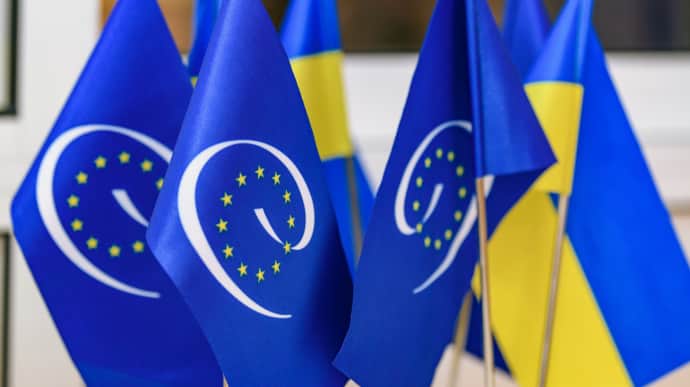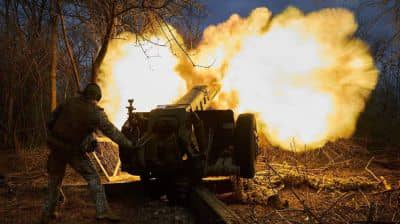Ukraine suspends protection of property rights and free elections under Council of Europe conventions

Ukraine has informed the Council of Europe secretariat of a change in the list of exceptions to its obligations under the Council of Europe's documents, including the European Convention on Human Rights.
Source: Ukraine's request on this matter on the Council of Europe website, as well as in documents from the Ukrainian government, reported by European Pravda
Details: As is well known, Ukraine, as a member state of the Council of Europe, is obliged to comply with the human rights standards set out in the Convention; in case of violation, individuals or organisations may file a lawsuit against Ukraine with the European Court of Human Rights in Strasbourg (ECHR). However, the ECHR gives member states the right to declare a reasoned derogation from certain obligations due to special circumstances, including military aggression.
In a letter dated 4 April 2024, which was not reported until recently, Ukraine informed the ECHR that the Ukrainian government's obligations to comply with Articles 8 (right to respect for private and family life), 10 (freedom of expression) and 11 (freedom of assembly and association), Article 2 of Protocol 4 (right to free movement of persons), as well as three articles from the first protocol – Article 1 (protection of private property), 2 (right to education) and 3 (right to freedom of elections), were no longer adhered to within Ukraine.
It is worth noting that this is not the first notification of a possible restriction of certain rights of citizens by Ukraine due to Russian aggression. Back in 2015, Ukraine suspended its obligations to comply with certain articles of the ECHR due to the anti-terrorist operation in Donetsk and Luhansk oblasts [The ATO, or Anti-Terrorist Operation, is a term used from 2014 to 2018 by the media, the government of Ukraine and the OSCE to identify combat actions in parts of Donetsk and Luhansk oblasts against Russian military forces and pro-Russian separatists – ed.]. In February 2022, with the start of Russia’s full-scale invasion, Kyiv submitted a significant list of such deviations to Strasbourg.
Moreover, in a communication dated 4 April 2024, Ukraine announced that it was renewing its commitments to respect certain human rights. In particular, the derogations will not apply to the prohibition of discrimination, restrictions on the political activity of foreigners, the right to reparation, freedom of thought, and certain aspects of forced labour. According to the official announcement, these commitments were also suspended earlier.
Background:
- Last year, 43 states approved an agreement at the Council of Europe Summit in Reykjavik on a register of damages from the Russian aggression, paving the way for compensation.
- In April 2024, the Register of Damages Caused by the Russian Federation’s Aggression against Ukraine (RD4U) announced the opening of applications for compensation for damages caused by Russia's war in Ukraine.
- It was reported that Ukrainians would be able to apply for compensation for damages caused by Russian aggression through Diia, a state-owned web portal for government services.
- Earlier, in an interview with European Pravda, Markiian Kliuchkovskyi, executive director of the Register of Damages, explained how they would seek funds from Russia to compensate Ukrainians.
Support UP or become our patron!







